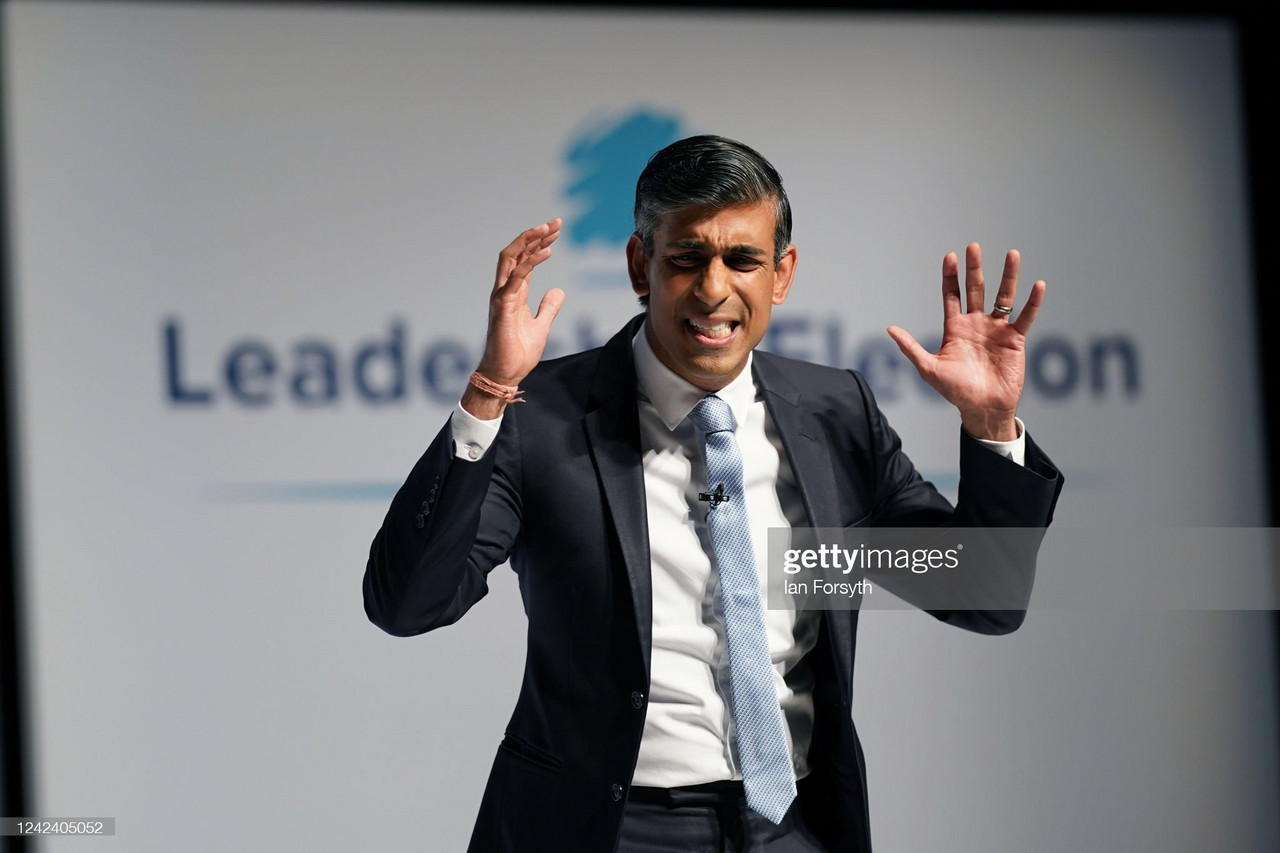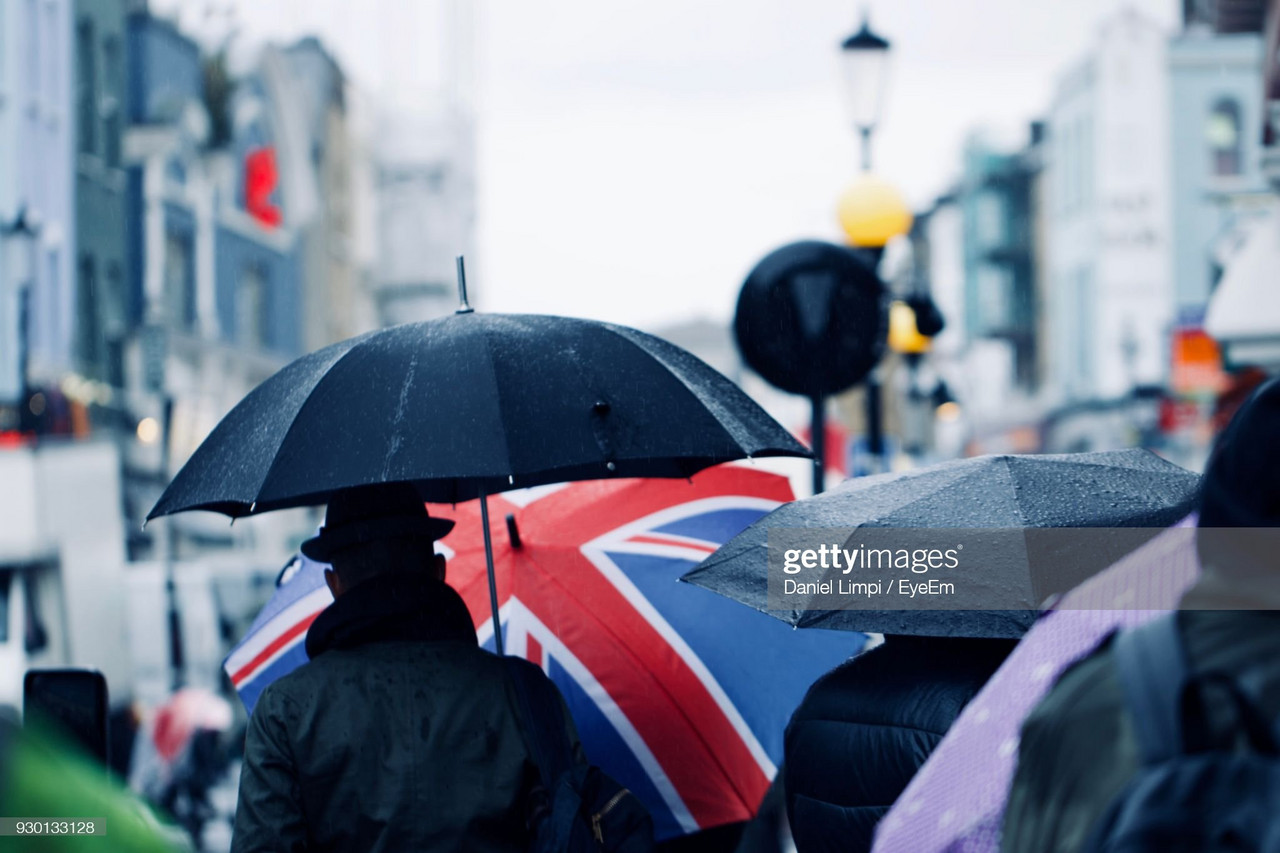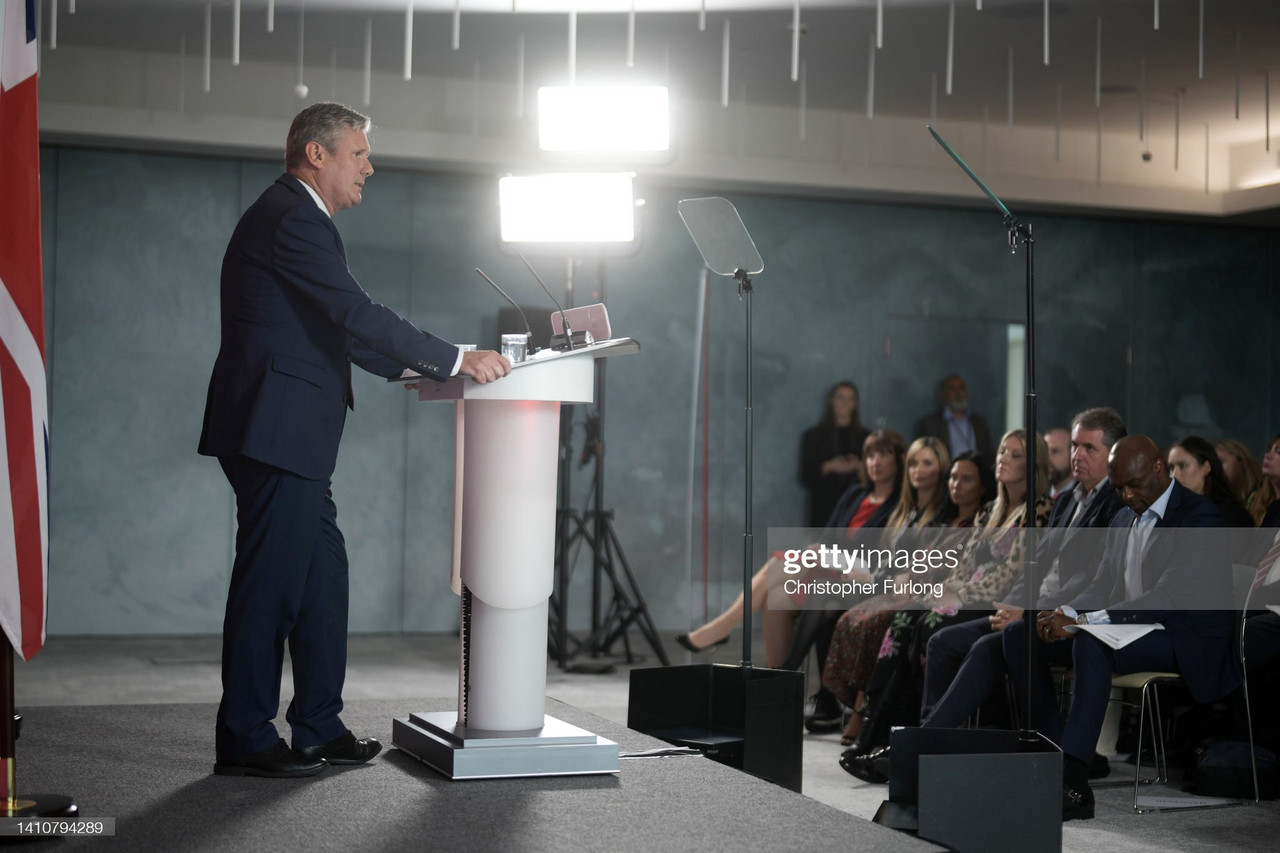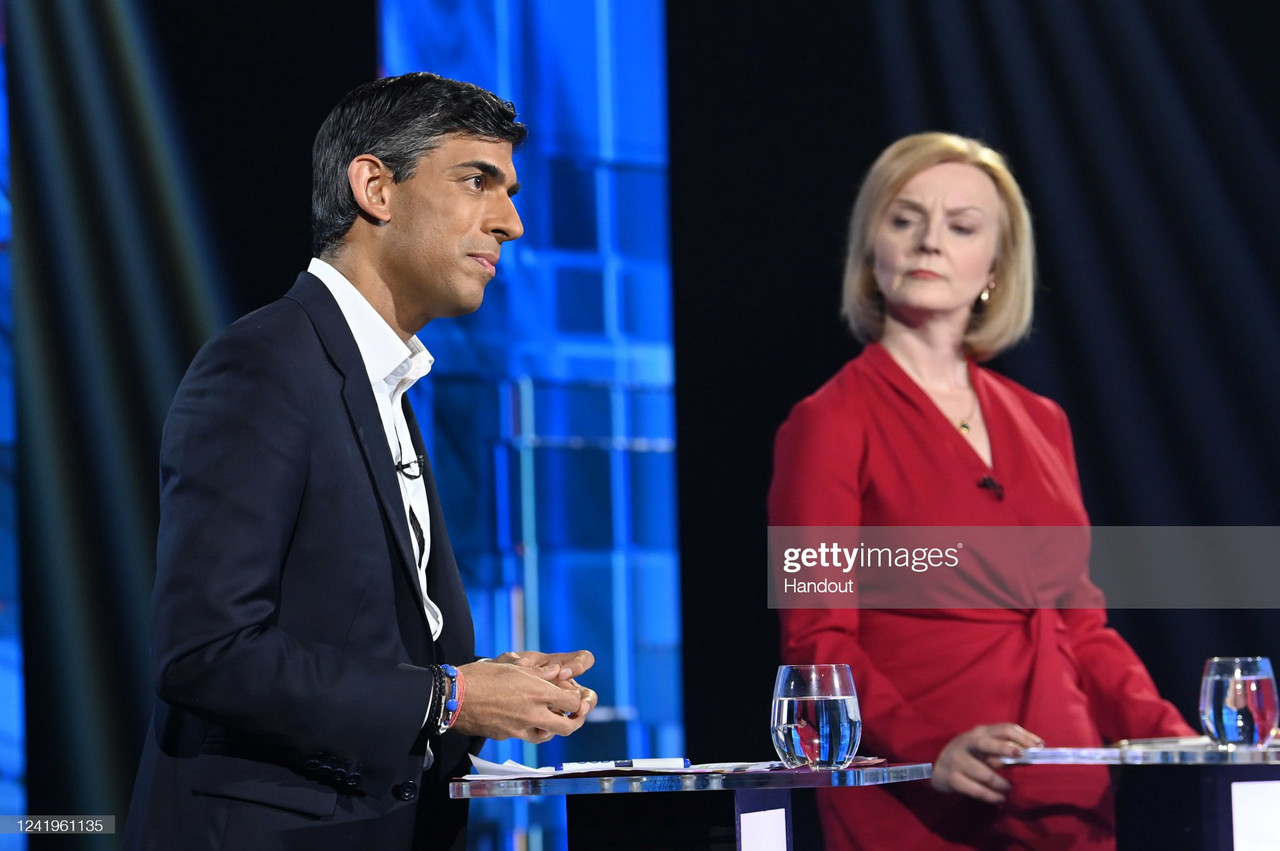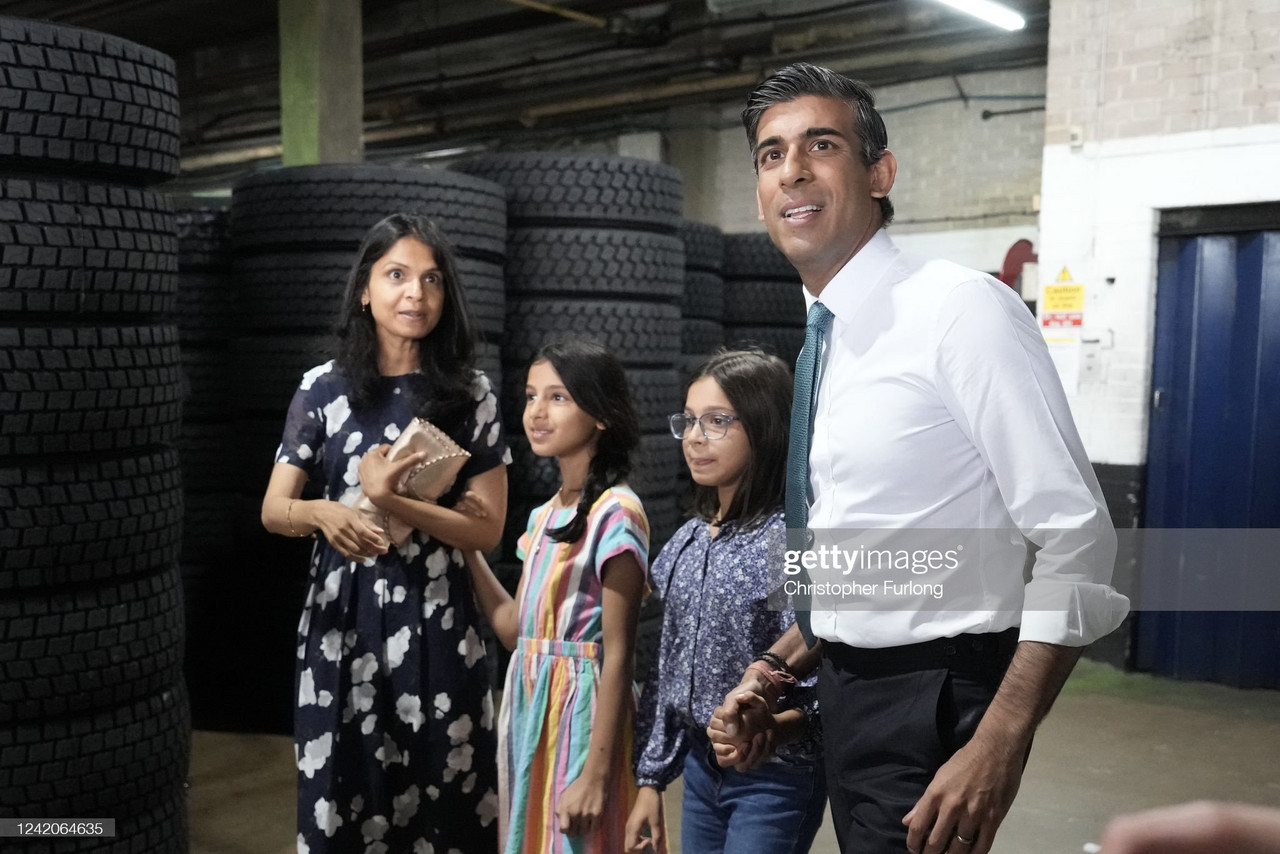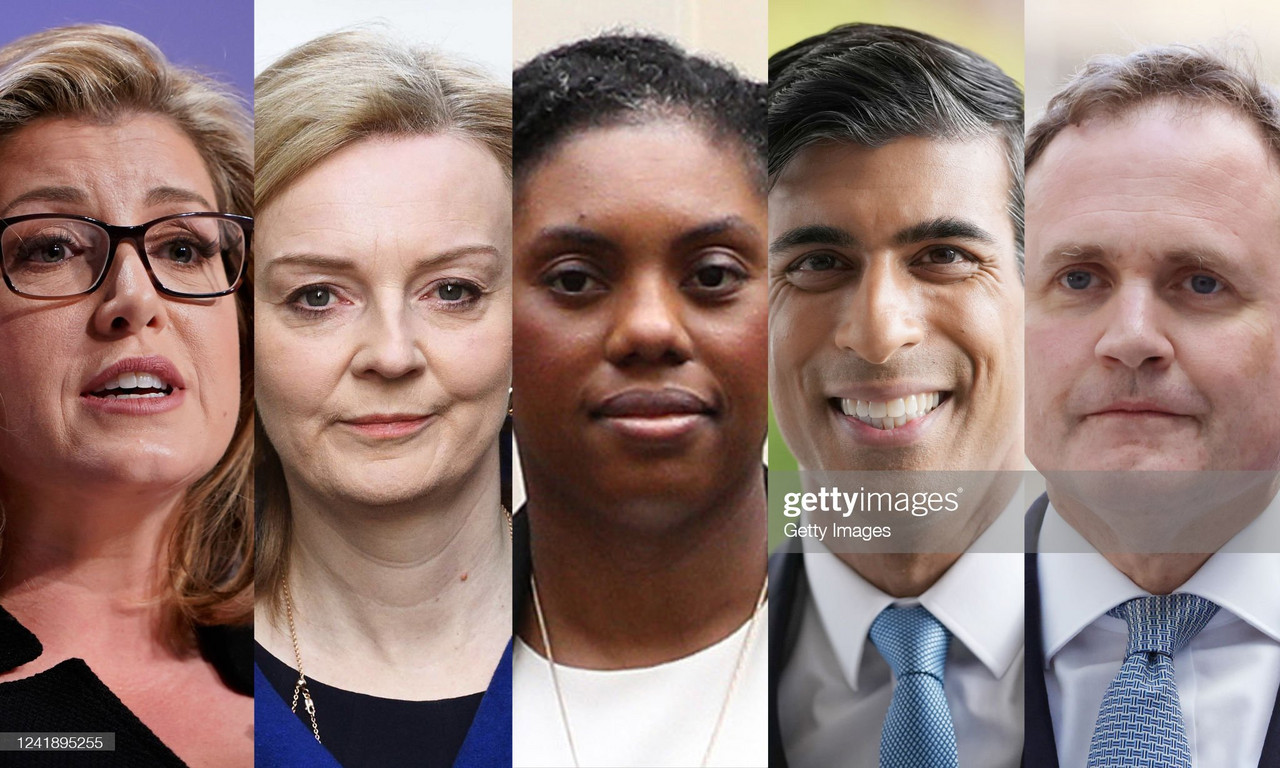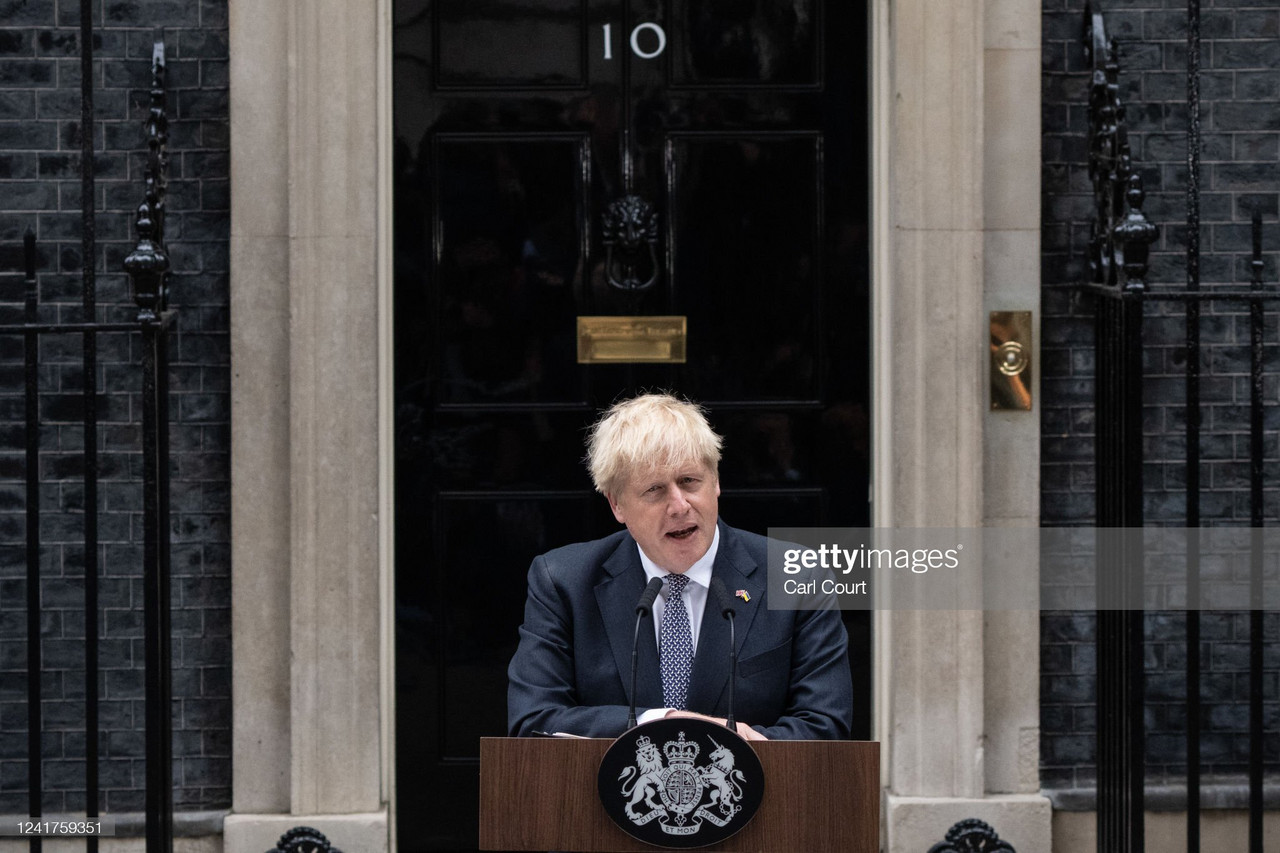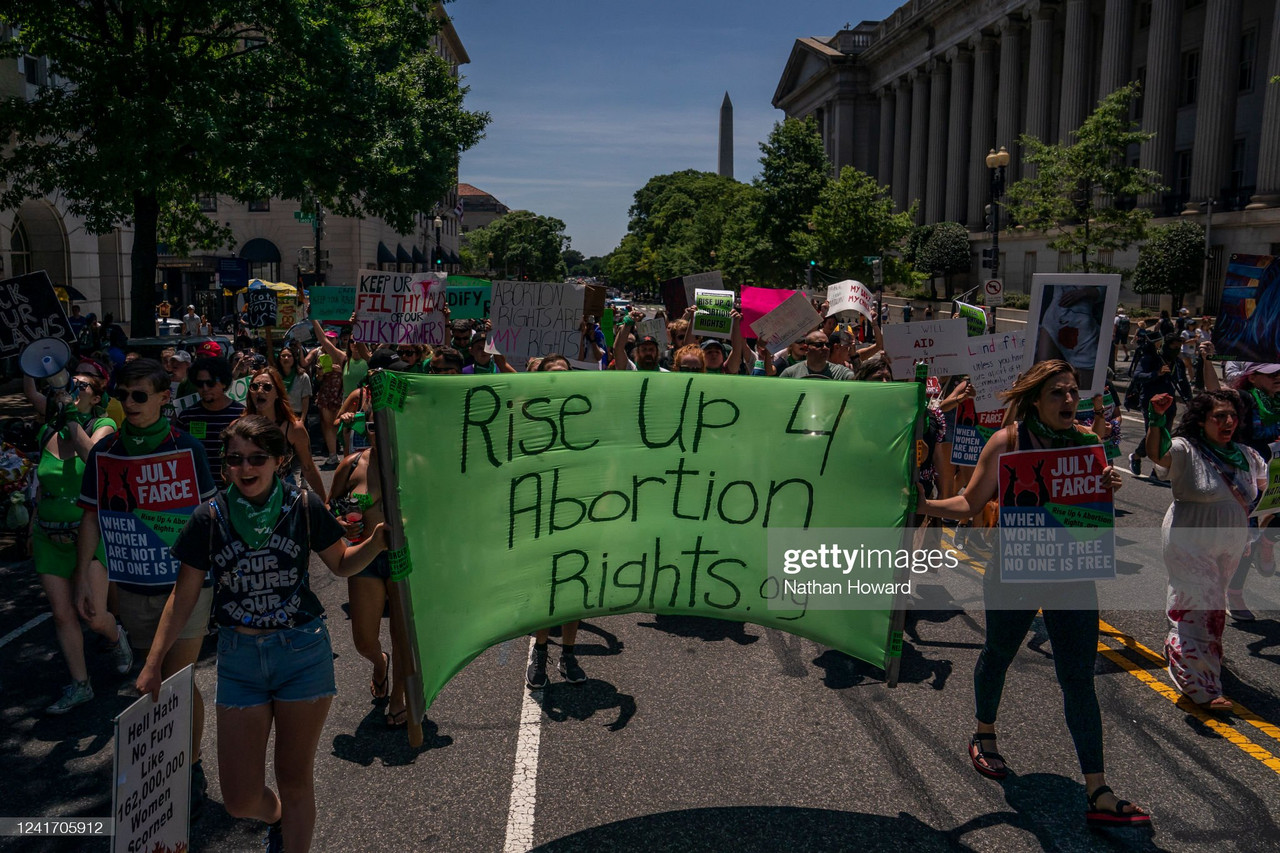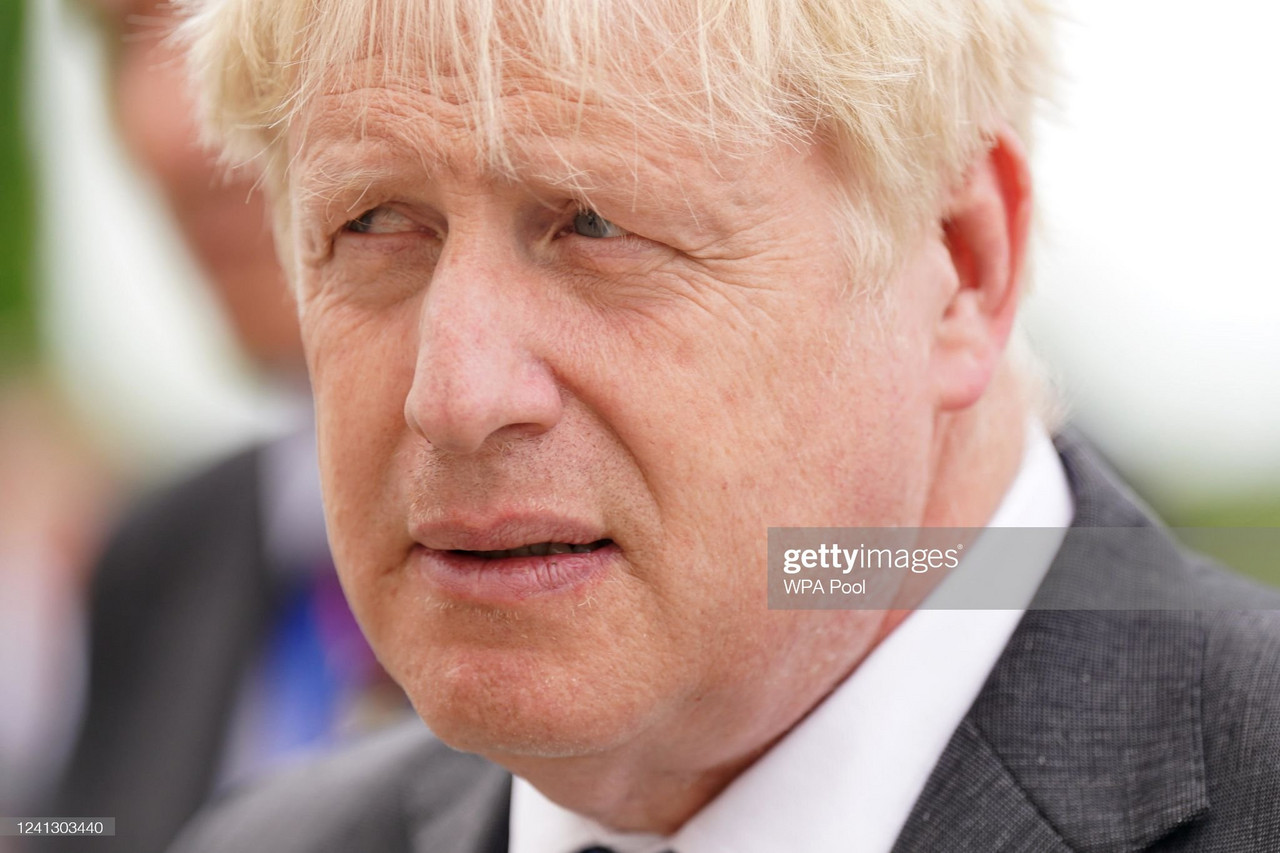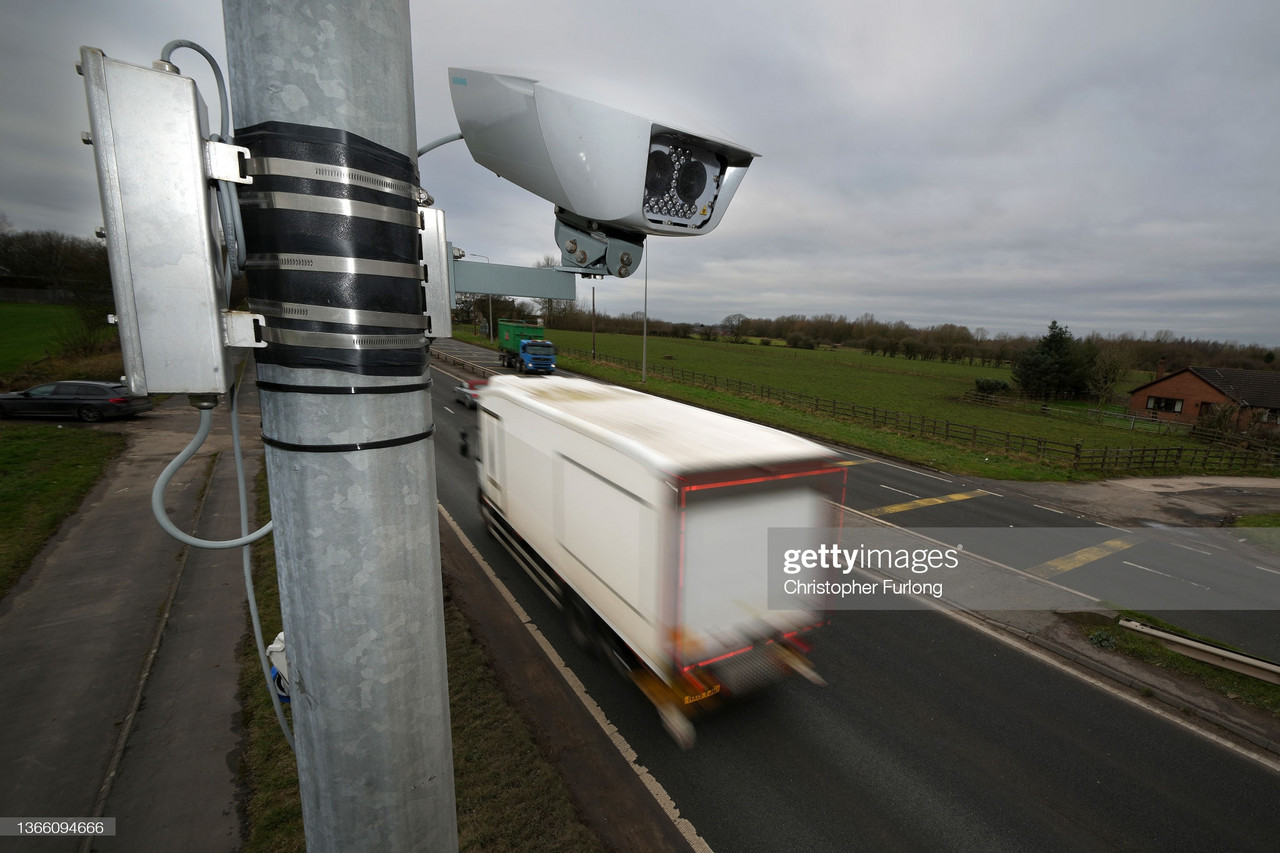
"It's not easy being green," sang Kermit the Frog on Sesame Street. The lyrics were later rather comically recalled by Prime Minister Boris Johnson at the recent COP26 summit – using the fictional frog as a soundbite for his grand climate ambitions. In a roundabout way, it turns out Kermit's words actually do hold a bit of weight on the environmental front. Indeed, being green can be quite tough.
Greater Manchester has put its Clear Air Zone (CAZ) plans on hold after a huge backlash from residents – a moment of common sense as Britain prepares to fall into a terrifying cost of living crisis.
Some vehicles were set to be charged £60-per-day under this new scheme. You want to avoid these fines? Simply buy a hybrid or an electric car! Taxi drivers were going ballistic at measures that would have left them financially castrated.
The chief executive of the TaxPayers’ Alliance, John O’Connell, told The Telegraph: “Green taxes already place an extraordinary burden on household bills and businesses.
“Not only are green levies contributing to the 70-year high tax burden, they’re hammering households by artificially inflating prices.
“Ministers must get to grips with these green levies before committing the taxpayer to paying for more energy bailouts.”
Don't get me wrong, there is plenty of goodwill in the CAZ initiative. Reducing exhaust pollution will be a key player in Britain’s ambitious 2035 target – taking down its current level of emissions by 78%.
Manchester residents have also complained that exhaust fumes have contributed to the poor air quality, affecting youngsters with bad asthma problems. I can sympathise with asthma sufferers.
I, myself, have asthma and I used to work in Shenzhen – a city where the air quality wasn’t the greatest. That should come as no surprise because figures taken in 2020 highlight that China contributes to 27% of the world’s emissions; Britain, by contrast, is responsible for less than 1% of the global total.
You can’t go to Beijing with your pitchforks and your placards, demanding radical change. Well, you literally can’t because you’ll probably end up doing an apology on state media a few days later! But – authoritarian politics aside – China has every right to make use of their big industrial sector.
Britain’s economy thrived during the Industrial Revolution in the late 1700s and early 1800s. The United States and much of Europe also benefited massively during this period. History tells us that it would be hypocritical to collar the Chinese on this issue; give them time to reap the economic rewards as much of the west already have.
Perspective
In 2019, Russia President Vladimir Putin made a fair assessment of Greta Thunberg's ambitious plans.
"Has anyone explained the cost of [large-scale renewable energy]", Putin said. "People want to live like Sweden and nothing can stop them. Go and explain to them that they must live in poverty [to achieve this]."
Putin was quite rightly noting that many developing countries do not have the capacity to back radical green transformation. But now – with inflation predicted to hit 7.25% by April – it feels like Britain also needs to take a back-step on its desire to embrace a radically green future.
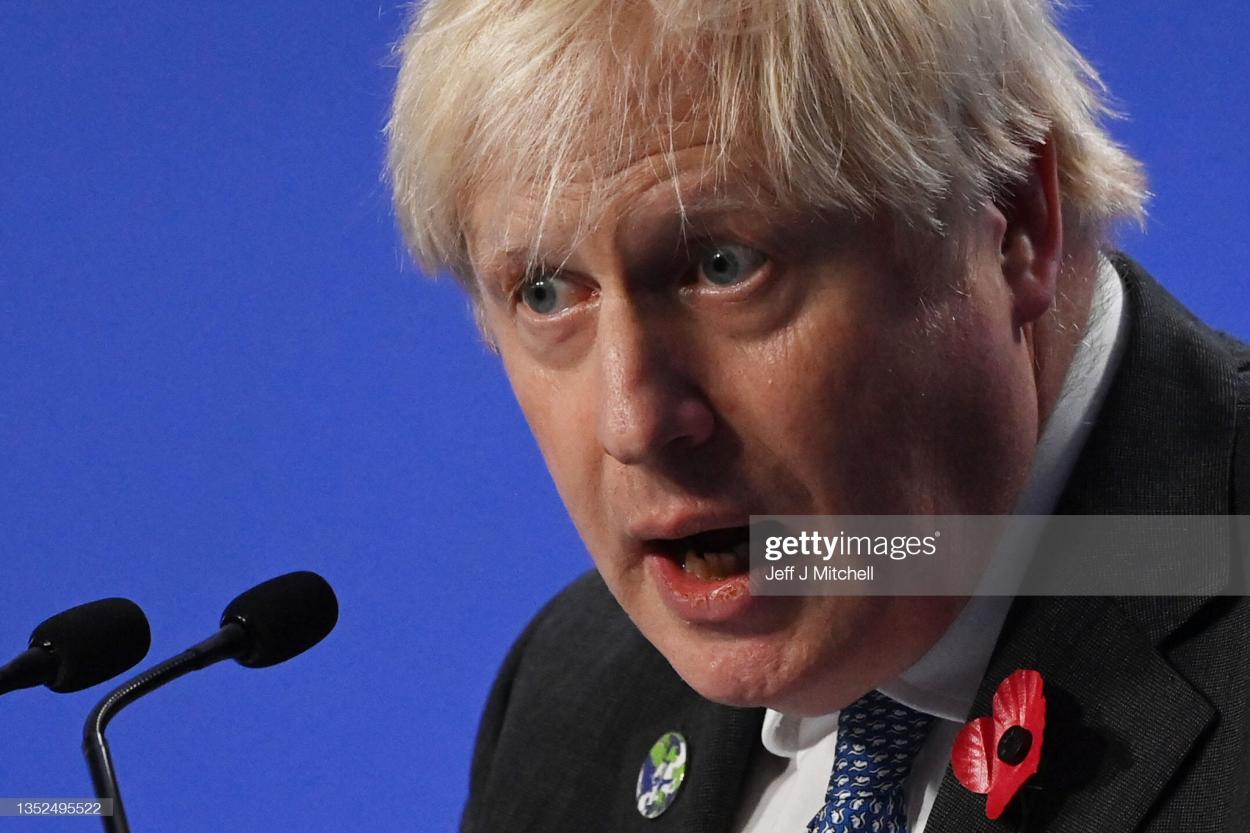
The Prime Minister's emphasis on tackling climate change has certainly been admirable. It needs political leaders to step up and initiate big changes across the globe. But this shouldn’t be a tax burden for cash-strapped Brits. They shouldn't be imposing sanctions on people who cannot afford to make necessary eco-friendly upgrades within their line of work. It begs the question as to how many green activists are financially insecure or on the poverty line.
It is easy to preach about going green if your livelihood is not affected by these changes. It is easy to ask for higher green taxes when you are earning a comfortable amount with your annual salary. It is easy to preach about morality when you have the privileges that enable you to do so. This isn’t an anti-green message by the way!
Let’s use the early stages of the pandemic as an example for comparison. While many people who tested positive for coronavirus were happy to self-isolate, others were left in a genuine quandary. Do they take time off work and take the statutory sick-pay, or do they soldier through while putting co-workers at risk in the process. These were the very real dilemmas of many working-class people, who were unable to work from home while the virus spread throughout the nation.
Some were put on furlough but, even then, that 20% reduction in wages still hit hard for those on the breadline. Every pound counts when you’re trying to feed your family and pay the bills. The same principles apply when dealing with green taxes and green-inspired financial penalties for simply not being rich enough.
In an ideal world, we can all be as morally righteous as each other. We can all make the same economic pledge to a greener world. Sadly, utopias don’t really exist and – in Britain's current state – the focus needs to be on the economic health of its people.
We should all be aiming to save our planet and we should all try to do our part. However, the financial brunt of that should not be passed over to the common people – certainly not at this time.



